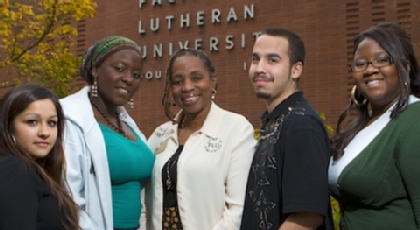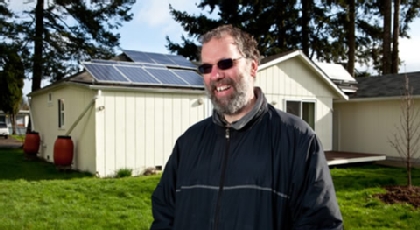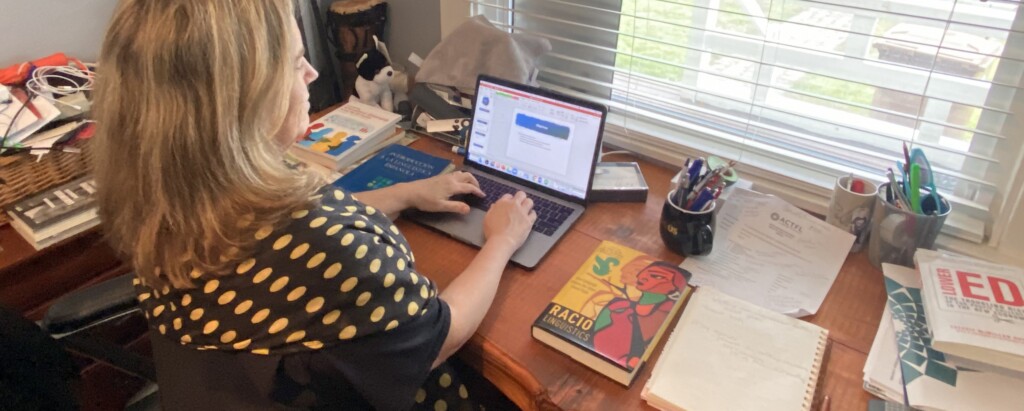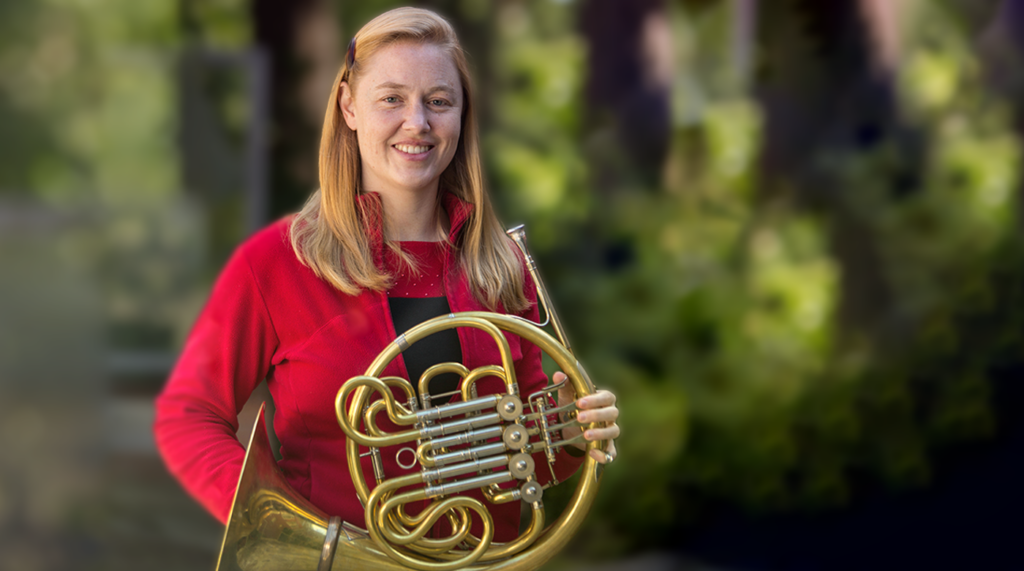Page 103 • (1,691 results in 0.046 seconds)
-
fryer at Crave is dedicated gluten-free with dedicated color-coded baskets so fries, tater tots and breakfast potatoes are all made in this fryer also when we have tostadas at Cross Cultures the corn tortillas are fried in here Dedicated gluten-free saute pans and utensils Dedicated gluten-free cutting boards and knives Staff trained in preventing cross-contamination they will change gloves when you request items such as a burger on a gluten-free bun at Crave or gluten-free bread at Tamari, etc
-
. They also consider how human communities have shaped and been shaped by their environment and how these relationships have changed over time. Students select two courses (from two different departments) from the following: ANTH 368: Edible Landscapes, The Foraging Spectrum (4) ECON 215: Investigating Environmental & Economic Change in Europe, Pre-req: ECON 101 or 111 (4) ECON 313: Environmental Economics, Pre-requisite: ECON 101 or 111 (4) HIST 370: Environmental History of the US, Pre-req
-
portion: $1,126 per credit hour (37 credits) Nursing program fee: $10,455 (subject to change) Additional fees may include: Additional fees include: technology fee ($270/year), wellness fee ($110/year), a one-time matriculation fee ($205), background check ($70), books and materials for coursework, uniform cost ($200), equipment ($100), laptop (not Chromebook). Students will have the option to choose between the Clinical Nurse Leader (CNL) or Certified Nurse Educator (CNE) track. ELMSN 2024 Tuition
-

, as the old joke goes, the extent of diversity on campus, was Swedes, Danes and Norwegians. But as the university began to grow, both in student population and in recognition, the make-up of the student population began to change. A lot of this has to do with PLU’s history. PLU always had an international focus inasmuch as it was very connected to Norway. By the late ’70s, things were beginning to fundamentally change – PLU was becoming more globally focused. By the early ’80s, according to Phil
-

background may have influenced his decision to move forward with this process. Either way, he said Tegels and many other clients don’t just follow through with net metering for the personal benefits. “Most homeowners don’t do it for financial reasons,” Burkhartzmeyer said. “They do it because they feel like they’re helping prevent climate change.” More involvement in sustainable living is on the way for Tegels. He is currently preparing to install a hot water panel, which is designed to minimize
-

technology for language teaching and learning one main focus of my scholarship and service. Even for those of us comfortable with technology, the transition to a distance learning approach has been challenging, especially given the quick timeline for the change. I encourage my colleagues to do their best but also to not be too hard on ourselves and our students. Think of what works best for your teaching style and your students’ learning, and see how that can be adapted to distance learning. PLU: How
-

which we live. In my opinion, climate change is the greatest challenge that humanity faces right now. I’ve struggled as an individual to identify what I can do and how I can help, and it struck me that I should use my most natural talent of creating music to make an impact. In a way, this composition is a form of activism. It’s meant to provoke a reaction, cause reflection, and hopefully lead to positive change on the part of those who see it. What about this combination of image and words did you
-

earn their master’s degree and a Washington state teaching certificate. “I feel like all the professors really understood what it was like in the classroom,” said Cook, who teaches at Baker Middle School in Tacoma. “Education changes, students change, demographics change. But they stay current on best practices and research for the youth we are currently educating.” That’s by design, says Mary Jo Larsen, assistant dean of the university’s education department. “We are (primarily) face to face, not
-

that is huge,” she said. “Sometimes as things change in the world, organizations change. The student focus is still alive and well and strong. I would come back again.” Well, she already has — sort of. “I can’t get any more degrees,” she quipped. “This is the closest I can get.”
-

normally see in the community very often,” Larsen said. Adequate medical care for inmates is a constitutional right. But for Larsen, it’s more than that. “I get a direct, daily sense that I make a difference,” he said. “What I do now is right in front of me, it’s almost immediate all the time.” And that feeling was precisely what Larsen was after when he made a midlife career change more than a decade ago. Larsen, who studied evolution and avian ecology at The Evergreen State College, worked as a
Do you have any feedback for us? If so, feel free to use our Feedback Form.


